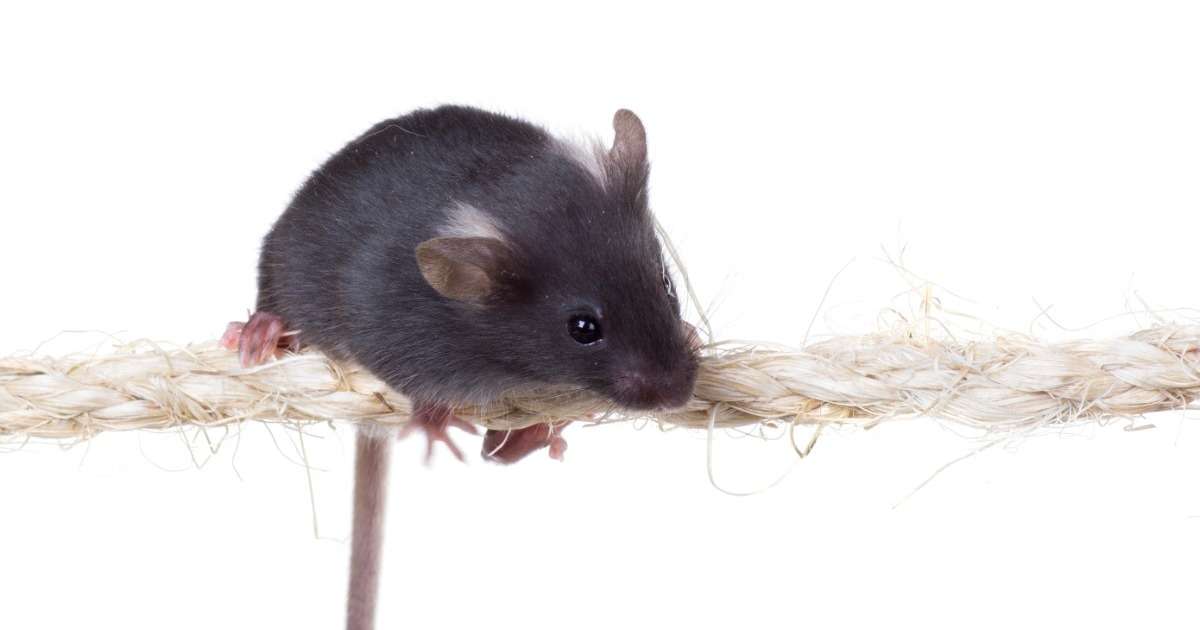
Assessing motor deficits in mice following traumatic brain injury
Today Marcelle Cline and Donna Cross are so kind to share their insights on testing TBI mice with the CatWalk XT system.
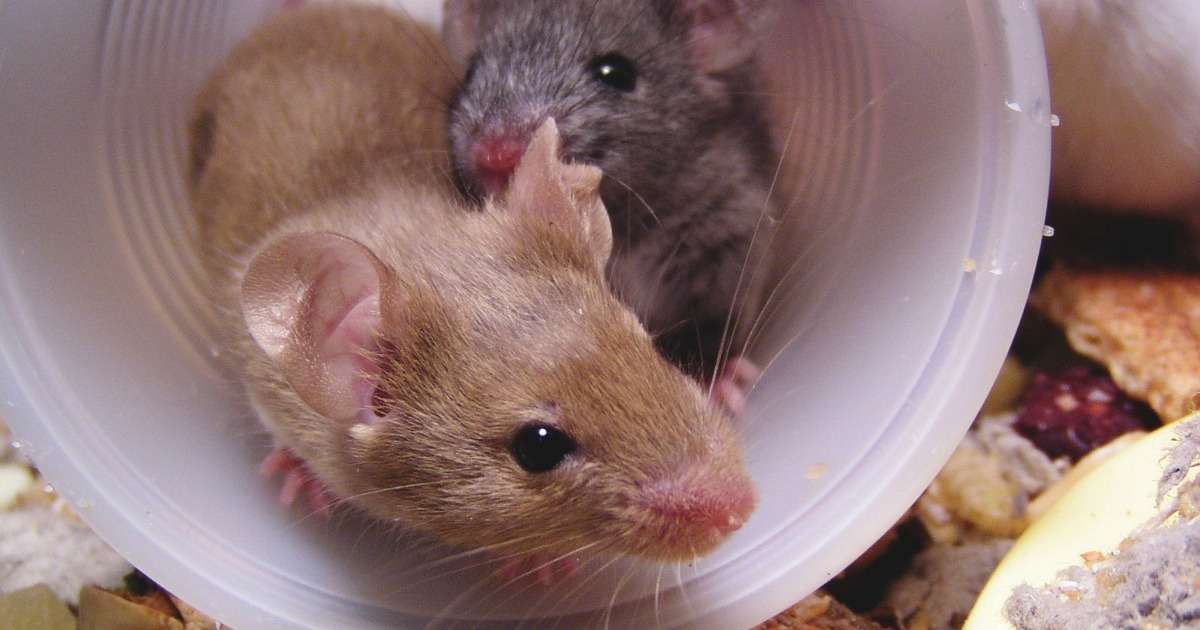
Serotonin and social skills: how adult mice differ from juveniles
Serotonin is a busy neurotransmitter, influencing processes as memory, mood, emotion, appetite, and sexuality. A prime role for this neurotransmitter is social behavior, across a variety of species; humans, rodents, primates.
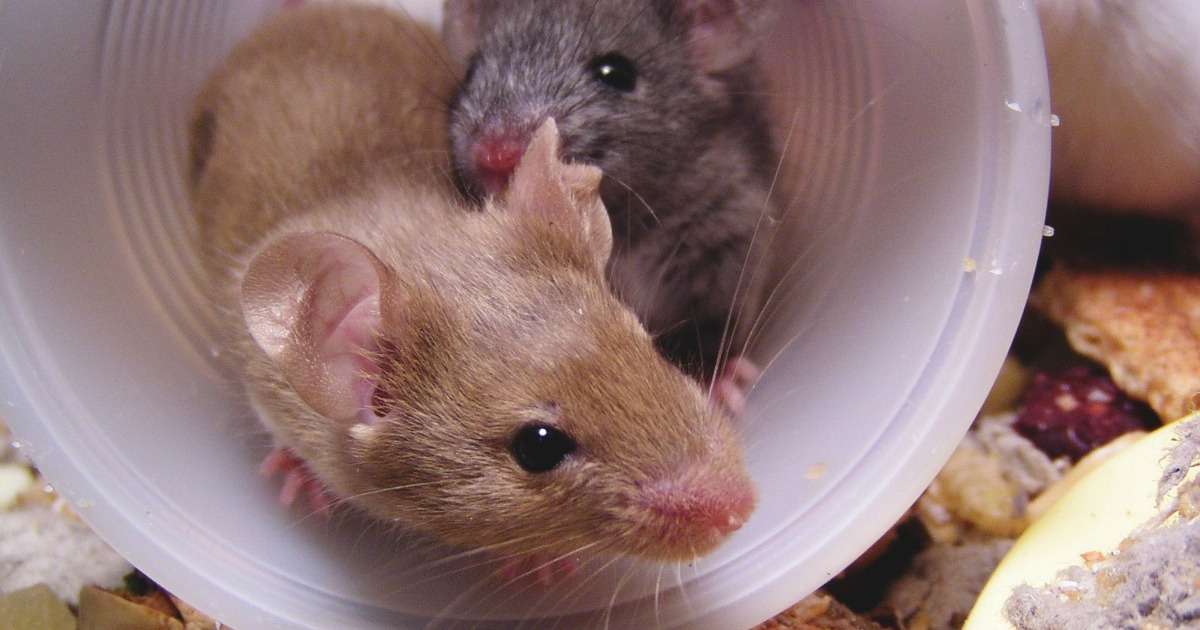
Revealing the secret social role of the CA2 hippocampus
Aggressive behavior is adaptive for most species. But how is this aggressive behavior mediated in the brain? A recent study indicates that the hippocampus is a crucial neural component in mediating social recognition.
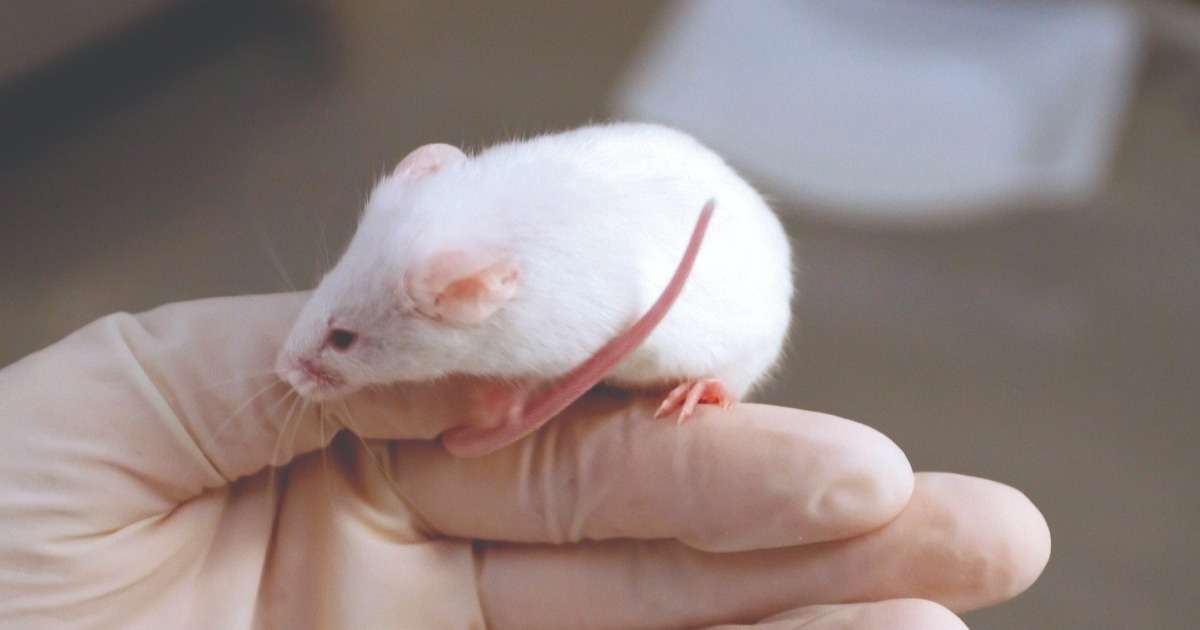
How to really challenge mice cerebellar plasticity
Jan-Willem Potters used the ErasmusLadder in his thesis research to study the role of specific mutations of plasticity in the cerebellar microcircuit of mice.
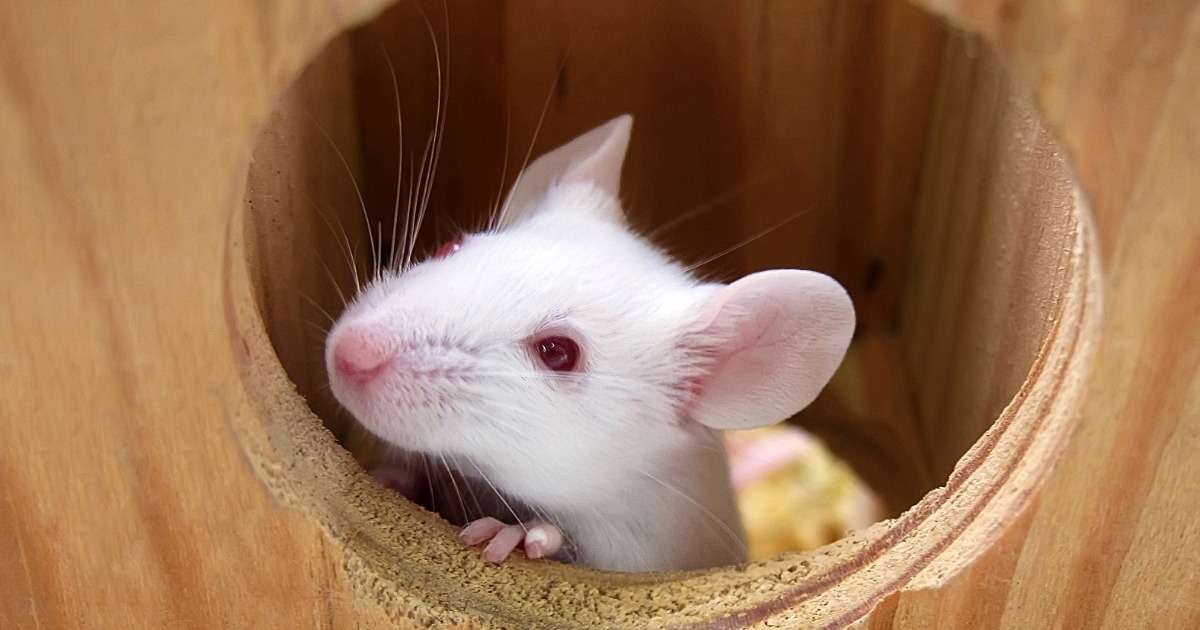
A high-throughput method to screen natural behavior of mice
Traditional standard tests with rats or mice are carried out immediately after human interference. Therefore, the behavior of the animals may not be natural and spontaneous.
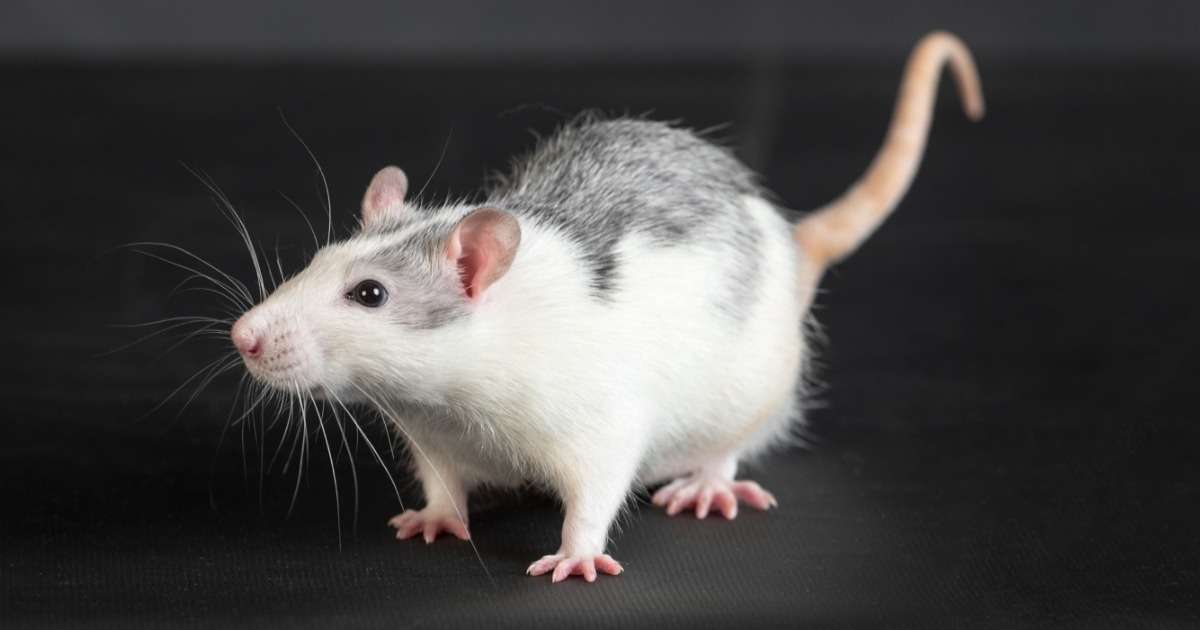
Walking the ladder: testing the cellular source of motor functioning in mice
The cerebellum, our “little brain”, is all about motor control; more specifically, it’s about coordination, precision, and timing.
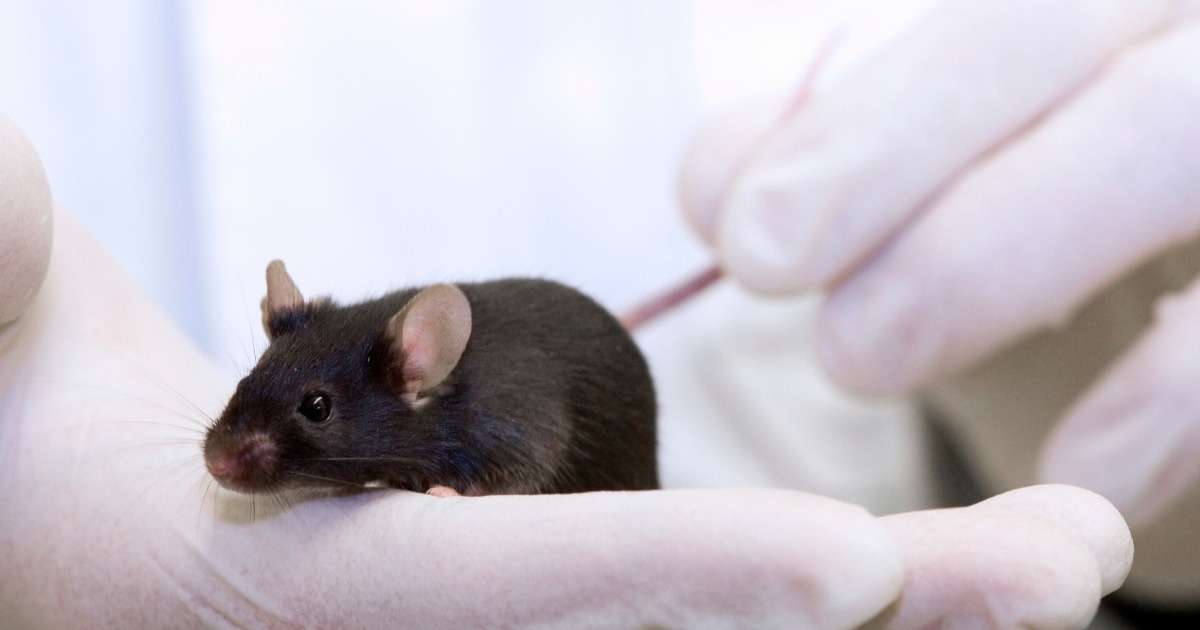
How an internal clock gene can alter innate behaviors in mice
Some might argue that laboratory mice are not the same as wild mice, yet they remain capable of performing the innate, routine behaviors necessary to survive in natural environments, such as courtship and nest-building,

6 things you must consider to improve your open field testing
Here are six recommendations the authors list to improve the translational and predictive value of behavioral readouts.
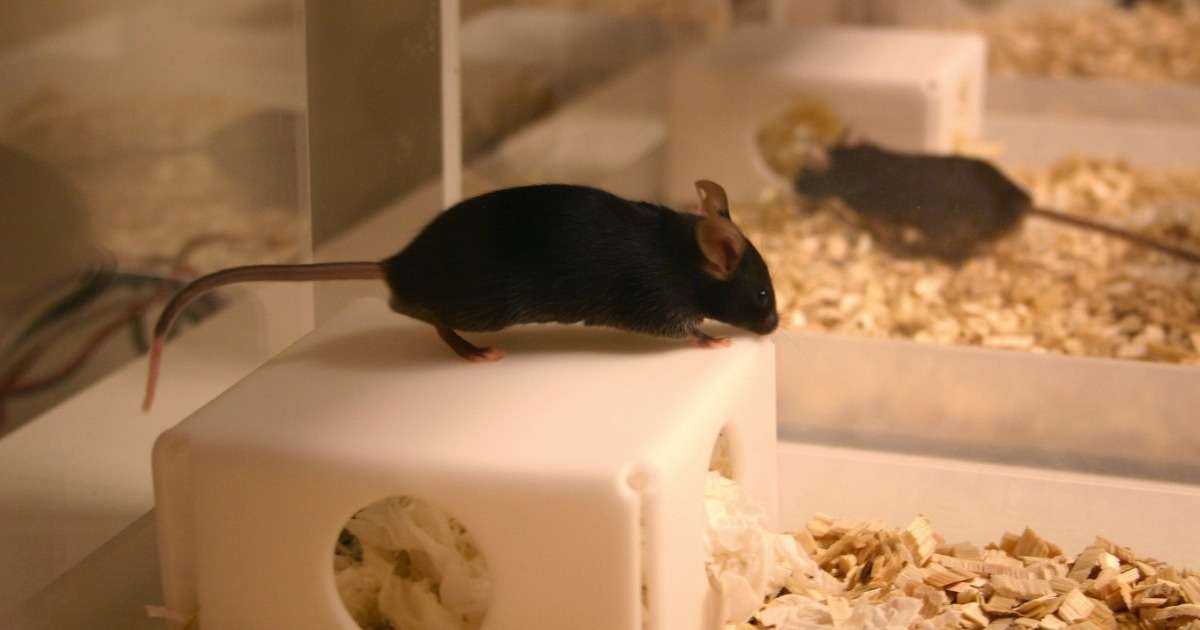
The do’s and don’ts in behavioral testing: improve your open field test
Scientists have been performing open field tests for quite some time now. Over the years it has become one of the most popular tests in rodent behavioral research. So what’s not to love?
